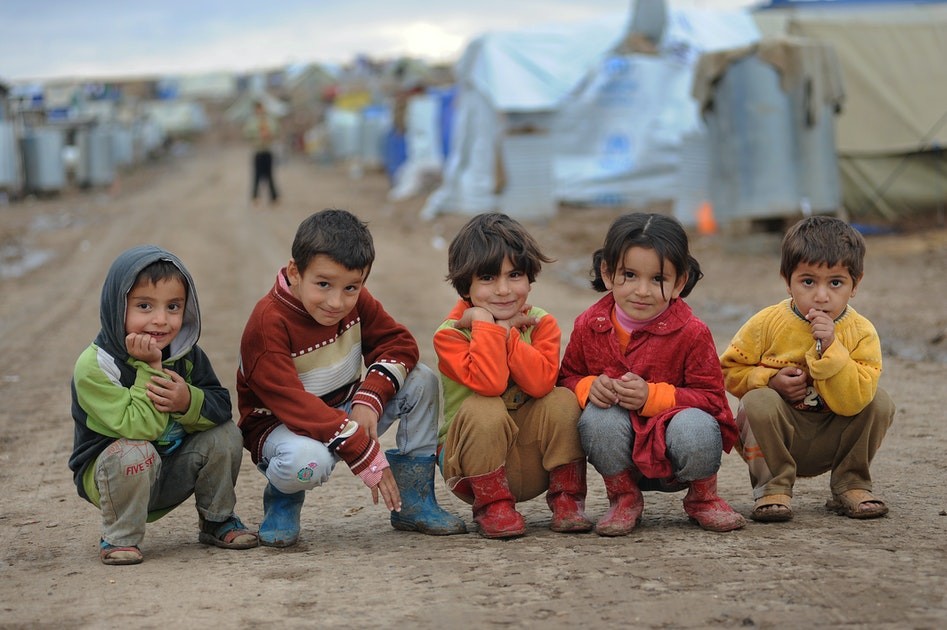Denmark is taking steps to address the trauma experienced by refugee children and young people through trauma-informed approaches (TIA). A new report from the Danish Centre for Social Science Research highlights the need for identifying and supporting children affected by trauma, particularly among refugee populations.
With Denmark home to major actors in trauma treatment, such as IRCT and DIGNITY, efforts are being made to expand awareness and implementation of TIA. The report identifies key areas where TIA can be beneficial, including screening, building knowledge and competencies, and addressing trauma within families and communities. Refugees, including children, arriving from conflict zones like Afghanistan and Syria often bear physical and psychological scars, with trauma rates estimated to be significantly higher than among ethnic Danish populations. As Denmark receives thousands of refugees, including children, from Ukraine, the importance of addressing trauma among newcomers becomes increasingly relevant. Psychologists emphasize the impact of trauma on integration, highlighting the need for timely identification and support services. Despite challenges in implementation and long waiting times for treatment, Denmark is taking steps to prioritize the mental health and well-being of refugee populations, recognizing the critical role of trauma-informed approaches in fostering successful integration.




